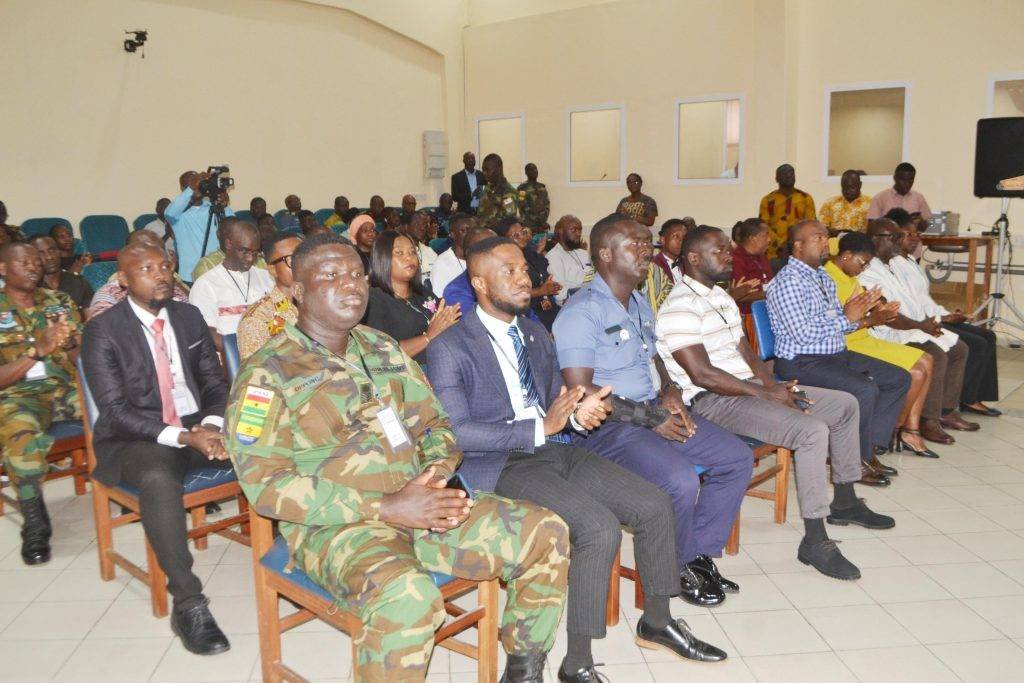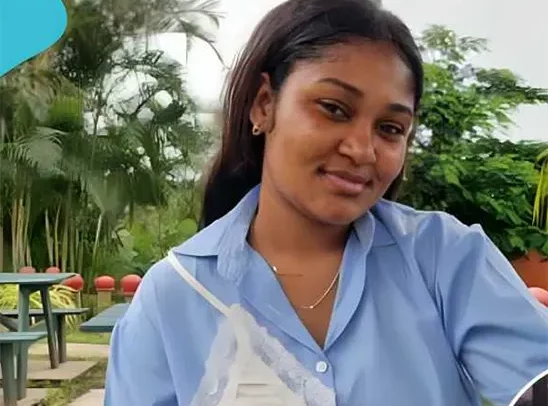

Medical charity Doctors Without Borders (MSF) refused Monday to sign a code of conduct on migrant-saving operations in the Mediterranean, while others including Save the Children approved the new rules.
Medical charity Doctors Without Borders (MSF) refused Monday to sign a code of conduct on migrant-saving operations in the Mediterranean, while others including Save the Children approved the new rules.
"There were two sticking points that prevented us from signing the code," said Tommaso Fabbri, head of MSF's Italy mission, after the charity took part in a meeting in Rome between the interior ministry and non-governmental organisations.
One was the obligation for rescue vessels to operate with an Italian police official on board, and the other was the ban on moving rescued migrants from one aid vessel to another at sea, which complicated missions, he said.
"We are doctors, not policemen," Fabbri told AFP.
"We will continue to carry out rescue operations without changing anything," he said, but added the organisation was "open to controls" by the Italian coastguard in the name of transparency.
The code, created to address the biggest migrant phenomenon in Europe since World War II, lays down 13 rules Rome insists must be followed to prevent aid groups rescuing migrants from acting as a magnet for human traffickers.
But the rules have been widely criticised by the NGOs as making it more difficult for them to save the lives of those attempting the perilous crossing from the shores of crisis-hit Libya to Europe.
The interior ministry said those who "refuse to agree and sign are excluded from the system of sea rescues".
The German NGO Jugend Rettet, a privately-funded aid organisation which has been carrying out rescue operations in the central Mediterranean, also refused to sign.
"We would only sign if the new rules made our work more efficient and increased the security of our volunteers," spokesman Titus Molkenbur told journalists at the close of the meeting in Rome.
'Restore climate of trust'
The new rules, which have been given a green light by Brussels, forbid NGOs from sailing into Libyan waters unless lives are at risk, or communicating with smugglers -- including using lights that could attract traffickers.
Save the Children had signed up because its ship -- the Vos Hestia -- already operated according to most of the rules laid out in the code, the charity's director general Valerio Neri said in a statement.
He said the decision to agree to the code "was dictated by the desire to guarantee continuity for the rescue operations, in a transparent fashion, and restore a climate of trust and collaboration".
The charity said it would "constantly monitor" the code's application "to make sure it does not hinder the efficacy of search and rescue operations at sea by NGOs".
MOAS, the Maltese-based Migrant Offshore Aid Station, also rubber-stamped the rules "in solidarity with the government and the Italian people," said founder Christopher Catrambon.
"Our mission has always been to save as many lives as possible at sea, and this document allows us to continue to do just that," he said.
Spanish NGO Proactiva Open Arms sent a letter to Rome saying it was willing to sign the code, the ministry said.
Nearly 95,000 people have been brought to safety in Italy this year, a rise of one percent on the same period last year, according to the interior ministry.
The privately-funded aid boats performed 26 percent of the rescues carried out in 2016, rising to 35 percent so far this year.
Medical charity Doctors Without Borders (MSF) refused Monday to sign a code of conduct on migrant-saving operations in the Mediterranean, while others including Save the Children approved the new rules. Read Full Story
























Facebook
Twitter
Pinterest
Instagram
Google+
YouTube
LinkedIn
RSS